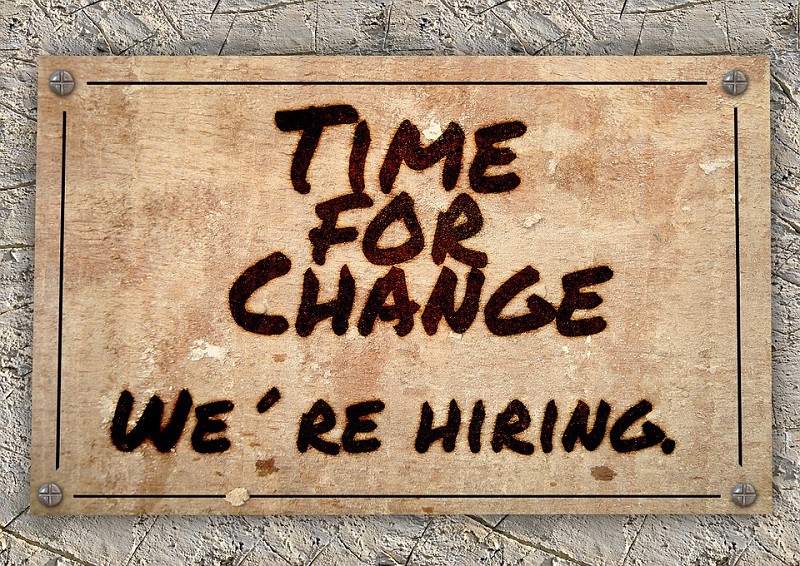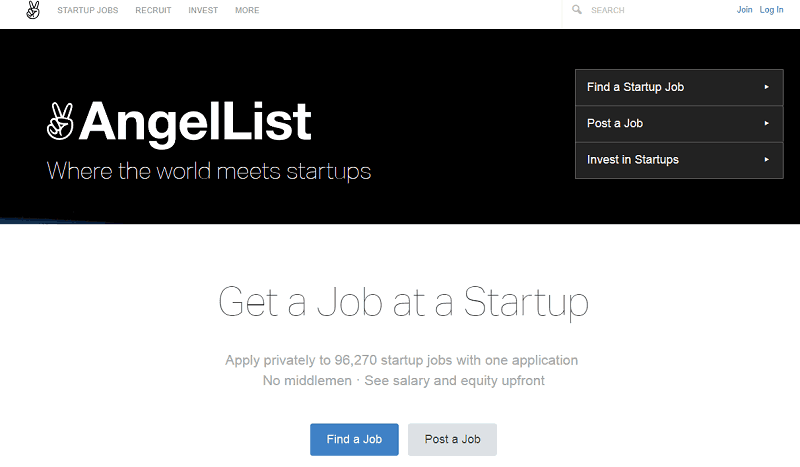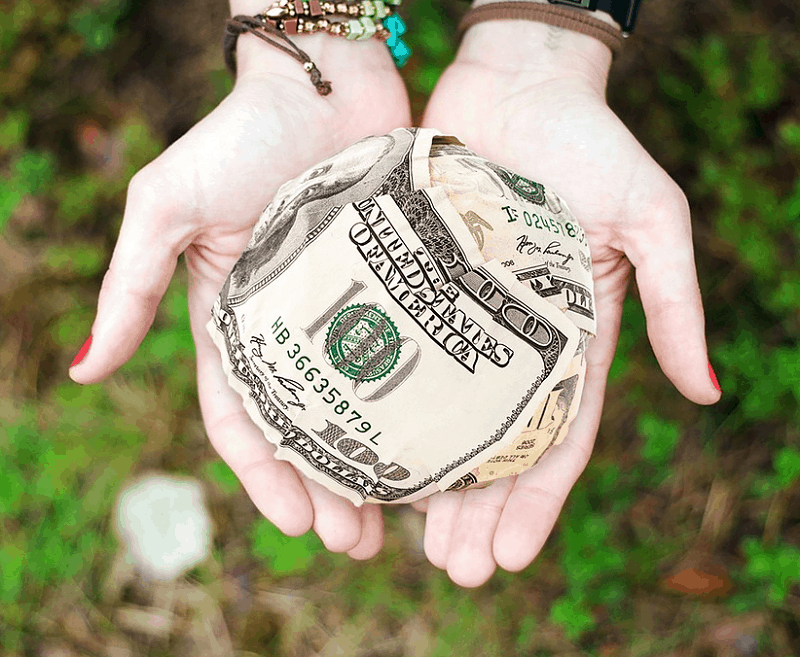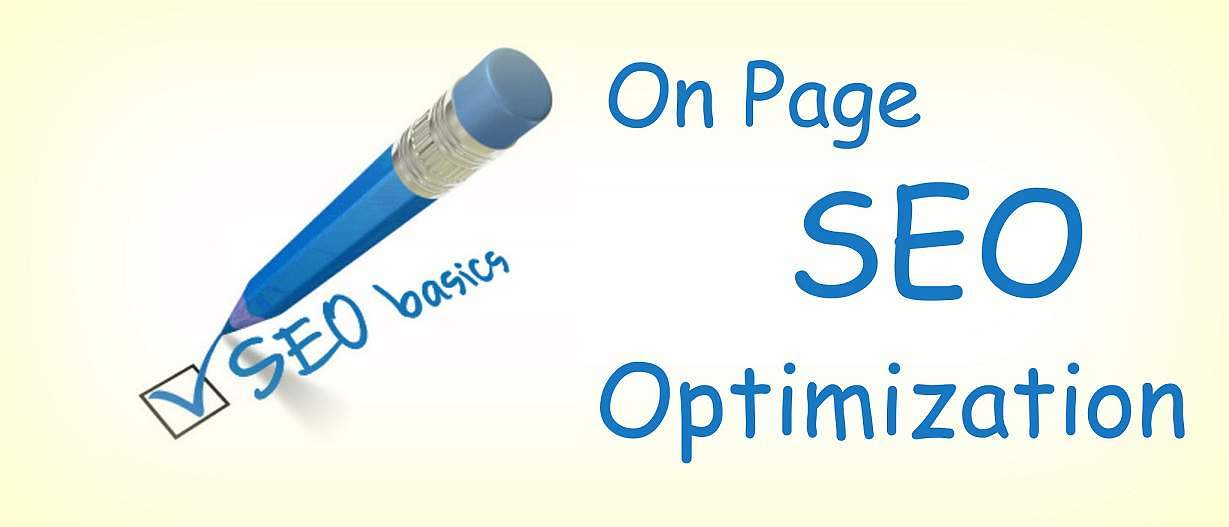Making sure the checkout process for donations is smooth and streamlined is essential to nonprofits’ ability to efficiently raise funds. When prospective donors encounter an overly complicated or confusing form, they’re more likely to abandon it completely, leading to missed opportunities and reduced support for your cause.
By streamlining and simplifying it further, nonprofits can ensure donors can complete their contributions more readily. This helps boost conversion rates while expanding donor bases more rapidly. The following tips should help streamline and expedite this step of the process and make it accessible and efficient for all.

Table of Contents
Focus on User-Friendly Donation Platforms
An effective donation checkout process begins with an intuitive platform. When setting up your donation page, ensure it offers easy navigation. An uninviting or disorienting interface may discourage potential donors from giving, so opt for one which prioritizes simplicity and user-friendliness over flashy design elements.
Your donation page must feature an intuitive design with clear calls to action that make the donation experience efficient for visitors. Donors should easily locate and understand how the process works before being able to quickly make their contribution. Minimizing form fields that don’t provide necessary details is another effective way of expediting the donation checkout process and giving donors a smooth experience. Choosing an ideal nonprofit donor management software will go a long way toward streamlining donation checkout for donors.
Simplifying Payment Solutions to Optimize Convenience
Offering multiple payment methods is key to meeting donor expectations and improving nonprofit payment processing, yet too many payment methods could cause users to become overwhelmed and slow the donation process down significantly. Therefore, to achieve balance, payment options mustn’t diminish donor options at the expense of convenience.
Be sure that the most commonly used payment methods, like credit and debit cards, PayPal, and mobile payment systems, are easily accessible on your donation page. While providing many additional payment options may prove confusing or delay donors from contributing their support quickly, providing just a handful of trusted payment solutions ensures donors can quickly choose one they like without extra steps being necessary.
Make sure the donation platform integrates seamlessly with mobile devices. This can make a positive difference for donors who prefer making contributions via their smartphone or tablet and can enhance user experiences overall. A mobile-specific payment system may further streamline donations while creating an enhanced user experience.
Implement One-Click Donations for Repeat Donors
One-click donations can help streamline the donation checkout process for repeat donors, speeding up contributions while decreasing friction in the donation journey. By eliminating reentering personal details or payment details each time they donate, one-click donations significantly speed up and simplify this aspect of donation checkout.
By offering one-click donations, you make giving easier for loyal supporters who return time after time without much hassle. Many donation platforms allow donors to save donor profiles with payment information and preferences securely stored inside them so when donors come back they can donate in just one step rather than having to go through multiple steps each time they make a donation.
One-click donations not only simplify donors’ experience but can increase recurring donations as people tend to donate when the process is convenient and doesn’t require filling out long forms or remembering payment information. As such, adopting one-click donations could increase nonprofit revenue and donor retention rates.
Simplify Donation Forms
Long or complex donation forms are one of the primary reasons donors drop out during the checkout process, so to address this, it’s vitally important that your form only requires essential data points from donors. More fields means more time and effort invested in them which could prevent them from giving altogether.
Focus your form’s design around collecting only essential donor details, like their name and email address as well as payment and contribution amounts. Any optional fields like mailing addresses or phone numbers could be eliminated for efficiency if not necessary for your specific goals.
Consider also using autofill features that automatically fill certain fields based on previous donor entries or stored information, further streamlining checkout processes and improving donor experiences.
Provide Clear Confirmations and Follow-Up
Once donors complete their transaction, you must give them clear confirmation of their contribution as soon as they’ve done so, along with any necessary receipts or information. A confirmation page or email provides this assurance while offering them any necessary tax advice they might need in the form of receipts for tax deduction purposes.
An effective confirmation page should provide options for further engagement—be that links to social media pages, event listings or even sharing the donation with others—without overwhelming or befuddling donors at this stage.
To 55% of donors, email is the preferred form of communication, meaning contributors prefer a subtle way of reaching and thanking them. So sending personalized thank-you emails after they’ve made a donation is key for developing long-term donor relationships and encouraging repeat donations. A timely, thoughtful message expresses appreciation and helps establish connections to your organization while encouraging future engagement.

The Wrap-up
Simplifying the donation checkout process is crucial to increasing donor conversion rates and offering your supporters a superior experience. By prioritizing user-friendly platforms, streamlining payment options, simplifying donation forms, offering one-click donations, and offering clear confirmation/follow-up, you can create an efficient system.
When your donors find it easy and accessible to donate again, their conversion rates increase, retention improves, and success with meeting goals increases significantly. Such an effort on your part leads to improved donor acquisition rates, more donors coming back, and greater success in meeting the nonprofit’s goals.
























